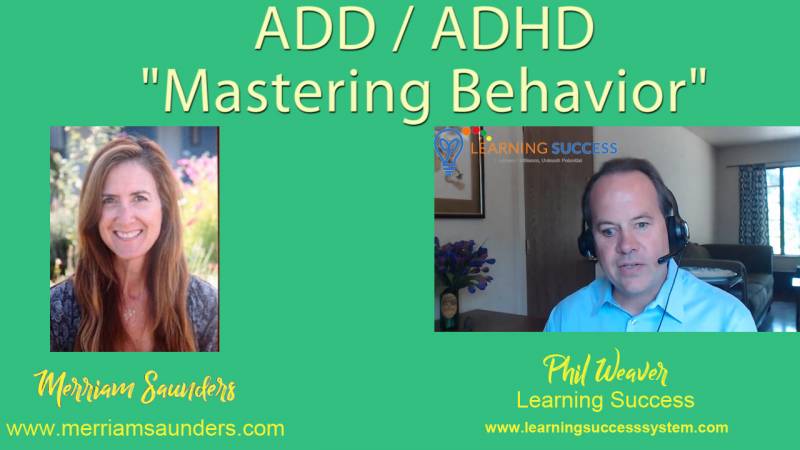
Phil: Right. Right. And you use the word mastery. I'm a big believer in that and mastering anything just to, to learn the process and then that gives you the confidence that you can master something else.
Merriam: Right. And it doesn't, when we speak of mastery, it doesn't have to be like, oh, you know, I've become a black belt orI've acheived this great, great thing. It really is just mastering a certain behavior. It could be mastering, brushing your teeth correctly, or, you know, a bedtime routine or it doesn't have to be this huge impossible task.
Phil: Right. Right. And actually a question that I have later, I'll just go ahead and jump to that. Is that, the idea, so you'd mentioned, you know, dopamine and that children with Adhd are maybe lacking dopamine. And so we use the concept of Kaizen, so which means just breaking things down into tiny things. And so that every time that you master that tiny task, you're getting that little spurt of dopamine. Can you speak about that, about how small those, that mastery and, is that a technique you would use to build confidence? Okay.
Merriam: No, yeah, absolutely. All ties together from the sense of mastery and something like the wonderful list and getting these kinds of praise because dopamine is what stimulates the area of the brain called the prefrontal Cortex, which is where the higher level thinking takes place. it's where you organize and plan and remember things. It controls your sense of time and inhibition control. And if you don't have enough gas powering that part of your motor, it's not going to work properly. Right. It's just so studies have shown brains, we've done brain scans in children with Adhd, particularly that shows a, that that part of the brain is actually, on average three years behind in development. And that is also not getting as much dopamine into it. So it's just not getting stimulated enough. So when you add something like praise, which increases dopamine because dopamine is the pleasure neurotransmitter, if you will. It's the one th at gets created when we are happy, or when we are experiencing something we love or if someone's praising us. So if you get praise or you have that sense of ac complishment and it creates joy that will create dopamine which will then allow the prefrontal cortex to achieve even at a higher level.
Phil: Right, right. Yeah. And I've, I've read a study where that Aha moment of learning is a dopamine being excreted. But it doesn't matter the size of the learning. It doesn't matter the size of the win.
Merriam: Right, right. Exactly. To your earlier point, right, even the smallest, the smallest sense of achievement of, you know, I did one more problem on the worksheet than I did yesterday. Can give that little dopamine hit.
Get the full interview here.
Do You Need help with a Learning Difficulty?
Our simple online analysis will help you get to the core of the problem and find the right solution for you.
Understanding how to help someone with a learning difficulty starts with understanding which micro-skills are affected. When you learn which of the micro-skills is the problem, you will then be on your way to solving it.
You'll also learn how to:
- Build confidence
- Enhance Learning ability
- Eliminate avoidance
- Build grit
You can get this analysis for free by filling out this simple form. This will help you get to the bottom of a learning difficulty and provide you with a solution. If you are ready to put this problem behind you click the button below and fill out the form.










